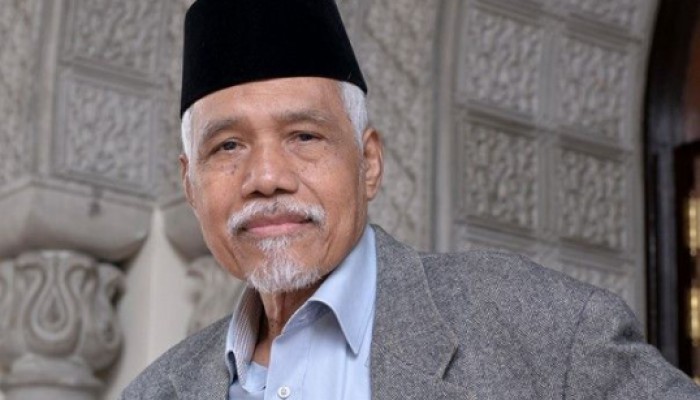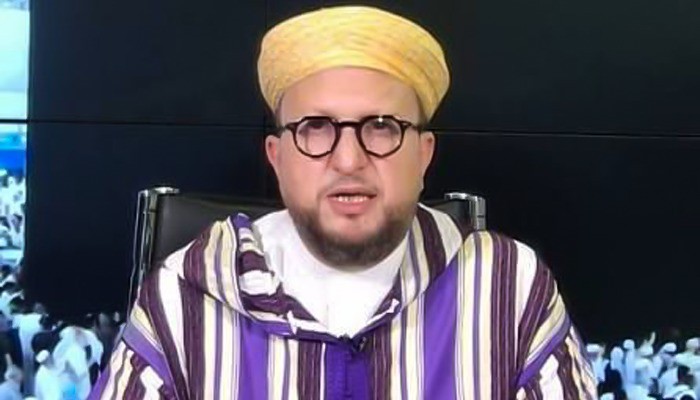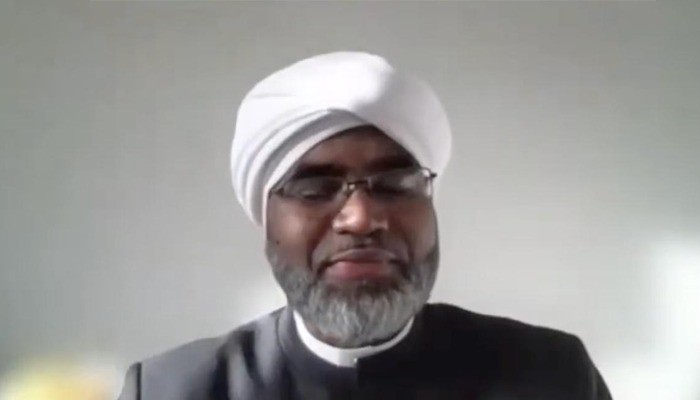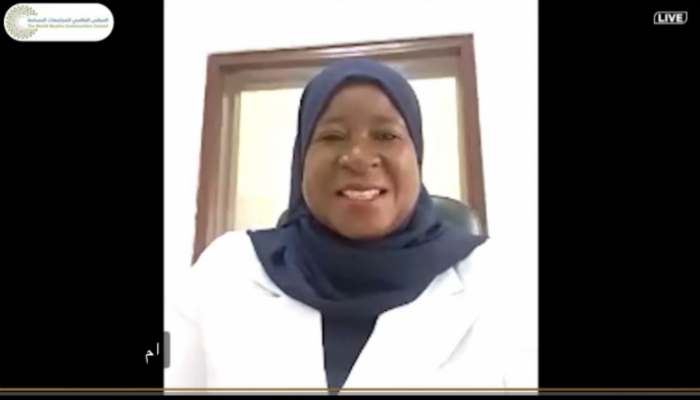
TWMCC Organised a Virtual Lecture Entitled 'Islamic Civilisation Sciences in Asia'
- 2025-Jul-15
Delivered by Emeritus Professor Datuk Dr Osman Bakar, President of the International Islamic University Malaysia. The lecture examined the historical trajectory of how Islamic civilisation and its intellectual traditions spread across countries in Central and South Asia as part of the world Muslim communities council's series
Professor Bakar began by emphasising the grandeur of Islamic civilisation and its profound connection with Asian countries, noting the impactful roles played by Muslim scholars in the region. He highlighted that it has long been customary in Islamic tradition for scholars to specialise in multiple disciplines citing figures such as Al-Kindi, Al-Farabi, Ibn Sina, and Ibn Rushd as prime examples.
He further explained that all Muslim scholars possessed extensive knowledge and a broad intellectual understanding, focusing on the societal application of various sciences
Regarding the influence of Islamic civilisation across Asia, Professor Bakar asserted that Islamic sciences are widely taught in countries such as Malaysia, Indonesia, Brunei, and Singapore.
He added that Islamic civilisation’s impact is deeply rooted in these Asian countries, where Islamic sciences are taught broadly.
Beyond cognitive sciences, the civilisation’s influence extends to everyday life. According to Bakar, legal systems in these countries blend Islamic and humanitarian values and practices.
He also observed that women in Asian nations are integrating Islamic civilizational norms with traditional cultural practices in their dress.
Concluding, Professor Bakar reiterated that manifestations of Islamic civilisation permeate various aspects of life in Asian countries far from being confined to the study of Islamic sciences







